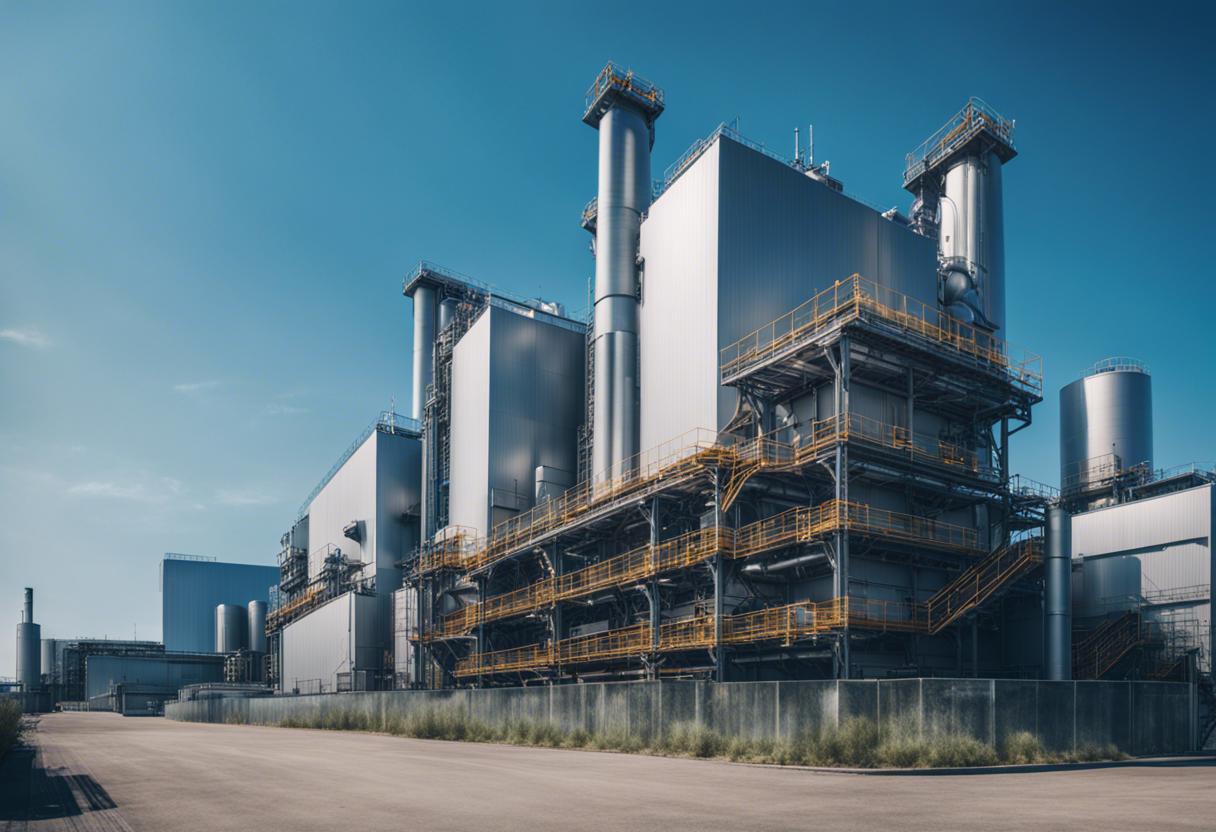Ashland, known for its pioneering work in slow-release medication enabling technologies, has finished a significant upgrade of its Mullingar facility. This expansion, valued at €15 million, has allowed the plant that uses bioresorbable polymers for injectable medications to broaden its operations by five times, incorporating additional labs, sterile spaces and enhanced manufacturing capacities.
Bioresorbable polymers are solutions housing an active drug, designed to release the substance systematically as the polymer disintegrates within the body before being eliminated as waste. This product is being increasingly sought after as pharmaceutical companies explore innovative delivery methods with an aim to reduce the frequency of injections for patients with chronic diseases. This product is particularly beneficial in delivering potent medication used for conditions such as cancer, as it can precisely target the diseased area while minimising adverse side effects.
The rate of drug release and other parameters are determined by the specific makeup of the polymer. Global Business Manager for Pharmaceutical Injectables at the Mullingar site, Sean McMahon noted that Ashland provides more than 70 polymer varieties to its clients.
The company announced that this secondary expansion at the plant over the last four years was carried out as expected with assistance from IDA Ireland, focusing on the industry’s mounting demand for innovative bioresorbable polymer chemistry. While Ashland confirmed that this investment has positively affected plant employment, it did not disclose the specifics.
Ashland Specialties Ireland Limited, formerly Vornia which was acquired by Ashland in 2017, reported an average workforce of 16 on the site until September 2023 according to the most recent accounts. This workforce size is projected to increase to around 40 following this upgrade. As well as providing polymer samples for drug companies working on novel drugs or adjusting existing drug approaches, Ashland also manufactures some of its polymer range.
Ashland’s recent investment highlights its ongoing dedication to injectables technology innovation, according to Alessandra Faccin, Senior VP and General Manager for Life Sciences at Ashland. She added, “We are actively collaborating with our customers to address performance characteristics that lower injection frequency and lead to improved therapeutic results.”
Bioresorbable polymers have the capacity to minimise the amount of metal utilised in the manufacturing of medical implants and devices, as well as in the creation of dermal fillers and other regenerative medical items. The development of Ashland’s business in Ireland is reinforcing the country’s standing as a key centre for life sciences, according to Mary Buckley, the executive director of IDA Ireland. Dr McMahon revealed that Ashland is quickening its introduction of advanced chemistry techniques and meeting the growing demands of customers for both current and fresh polymers more swiftly. Despite uncertainty regarding the exact employment figure at the establishment, it’s clear the workforce has increased substantially following the investment.

